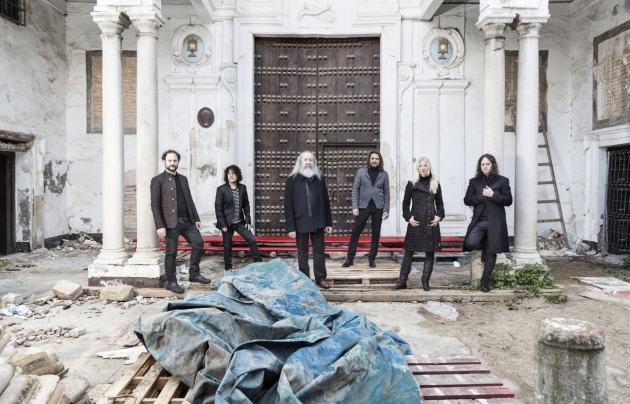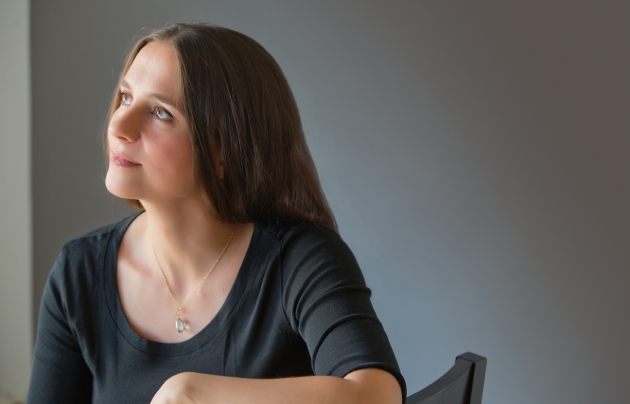Repertoire
DURÓN: Sinfonia from the comedy Muerte en Amor es la Ausencia (reconstruction by Fahmi Alqhai); Yo hermosísima Ninfa (attributed to Sebastián Durón and José de Torres); Cuantos teméis al rigor
Improvisation: Xácaras & Folías
DURÓN: Glauco senor, dueno mío
Anon: Cantata: All’assalto de pensieri
DE MURCIA: Tarantella & Fandango (arrangement by Fahmi Alqhai)
DURÓN: Sosieguen, descansen
ALQHAI: Marionas Canarios
BONONCINI: Pastorella che tra le selve
DURÓN: Muera Cupido; Cantada al Santísimo Ay, que me abraso de amor en la llama
Artists
Núria Rial, soprano
Rodney Prada, viola da gamba
Rami Alqhai, viola da gamba
Johanna Rose, viola da gamba
Josep Maria Martí, Baroque guitar
Javier Núñez, harpsichord
Fahmi Alqhai, viola da gamba and musical director
Program
Under the provocative name of Muera Cupido (Death to Cupid), viola da gamba player Fahmi Alqhai and the Accademia del Piaccere with the soprano Núria Rial will unite their musical talents to bring new life to a select collection of arias from Durón’s theatrical works devoted to the inexhaustible and ever-heady theme of love.The year 2016 marked the 300th anniversary of the death of Sebastián Durón, undisputedly the most important Spanish composer of his time, who was responsible, according to the accusation made by Father Feijoo, of the Italianisation of Spanish music or, in other words, its return to the contemporary musical idioms of Europe after the stifling 17th century. Under the provocative name of Muera Cupido (Death to Cupid!), viola da gamba player Fahmi Alqhai and soprano Núria Rial, our most international of Early Music voices, will unite their musical talents to bring new life to a select collection of arias from Durón’s theatrical works dedicated to the inexhaustible and ever-heady theme of love. The Accademia del Piacere, one of the most outstanding Early Music ensembles in the country, which has Alqhai as director, will accompany the two musicians in a programme that will see the modern premiere of some of the works of Durón and one of his peers with the same style, the progressive Italian Giovanni Bononcini.
Downloads


